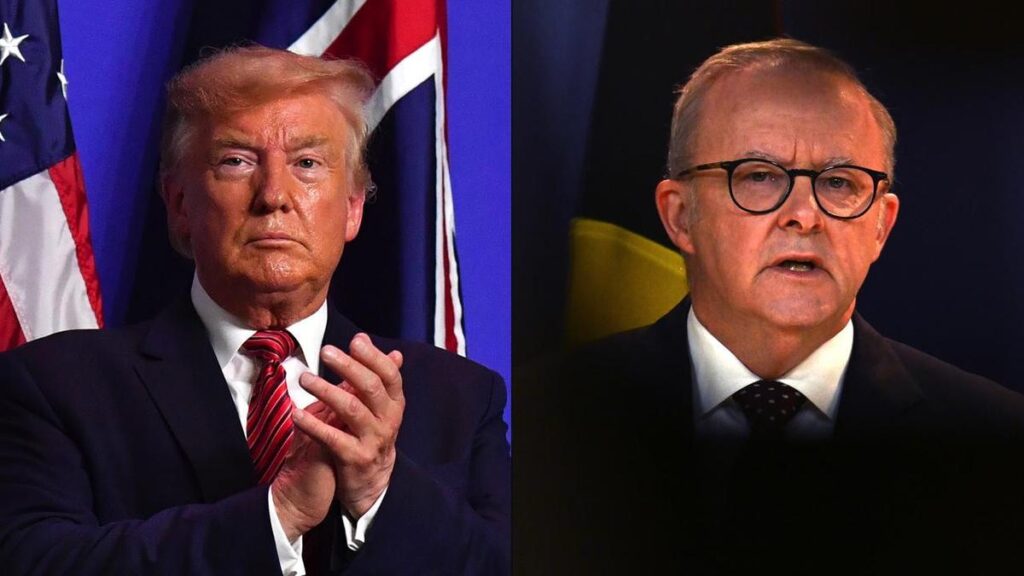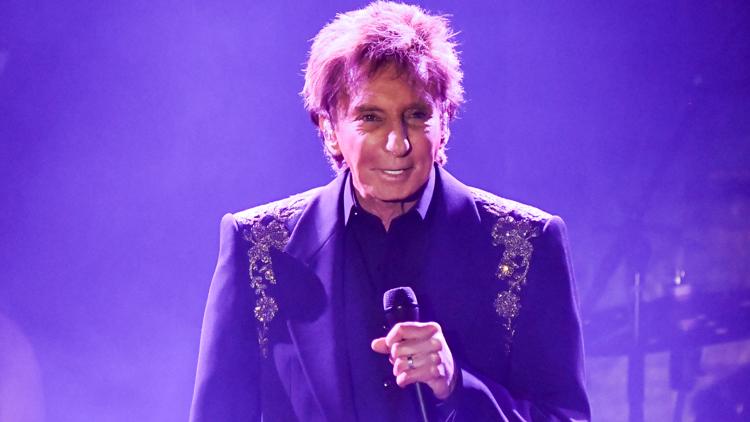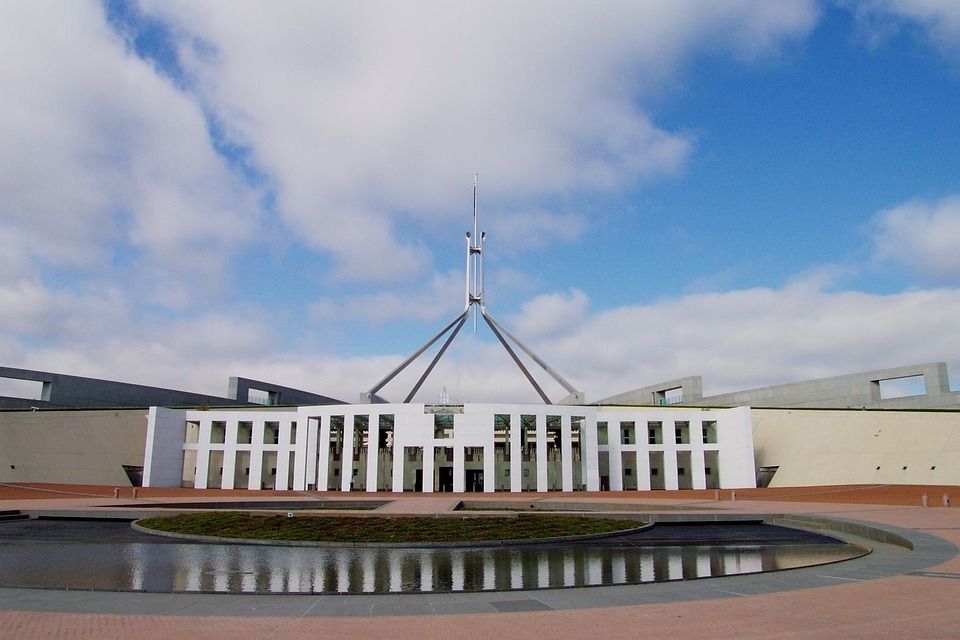
Prime Minister Anthony Albanese is set to increase Australia’s defence spending significantly as he prepares for a potential meeting with US President Donald Trump. This meeting could take place during the upcoming United Nations General Assembly, where Albanese aims to discuss the future of the AUKUS defence agreement, which involves the acquisition of nuclear-powered submarines by Australia.
Albanese’s government has announced a historic funding boost of $12 billion, marking the largest peacetime increase in Australia’s defence budget. The funding will enhance the Henderson Defence Precinct located outside Perth, where the submarines are expected to dock. This facility may also serve as a maintenance hub for US submarines, further solidifying military ties between the two nations.
The AUKUS agreement is currently under review in the United States, with the Trump administration advocating for allied nations to raise their defence spending to 3.5 percent of gross domestic product. Australia’s current defence expenditure hovers around 2 percent. Former Australian Ambassador to the United States Arthur Sinodinos highlighted the importance of the timing of this announcement, suggesting it aims to establish a solid foundation for discussions with Trump.
“The timing would be pitched to lay the groundwork and have something to put on the table with the president,” Sinodinos stated. In turn, Albanese seeks direct reassurances from Trump regarding continued support for the AUKUS arrangement. “While we had indications of support from others in the administration, it’s important for the prime minister to hear it directly from the president,” he added.
The increased funding not only enhances Australia’s defence capabilities but also elevates its status as a valuable ally, according to Mike Hughes, Defence Strategy Director at the Australia Strategic Policy Institute. “It’s making up for almost a complete lack of investment in Australia’s ability to build, maintain, sustain, and repair vessels, particularly naval military vessels,” Hughes remarked. He emphasized the need for Australia to invest in sovereign capabilities, especially as the international geopolitical climate becomes more precarious.
Defence Minister Richard Marles described the funding as a transformative step, stating it represents “the biggest peacetime increase in Australia’s defence spending” in history, with total expenditure projected to reach $25 billion. In contrast, Opposition Defence Spokesman Angus Taylor criticized the increase as overdue and insufficient, particularly concerning the support for the rotation of US and UK submarines through to the late 2030s.
As Australia prepares for this potential high-stakes meeting with Trump, the focus remains firmly on reinforcing defence commitments and ensuring the longevity of crucial international agreements.






